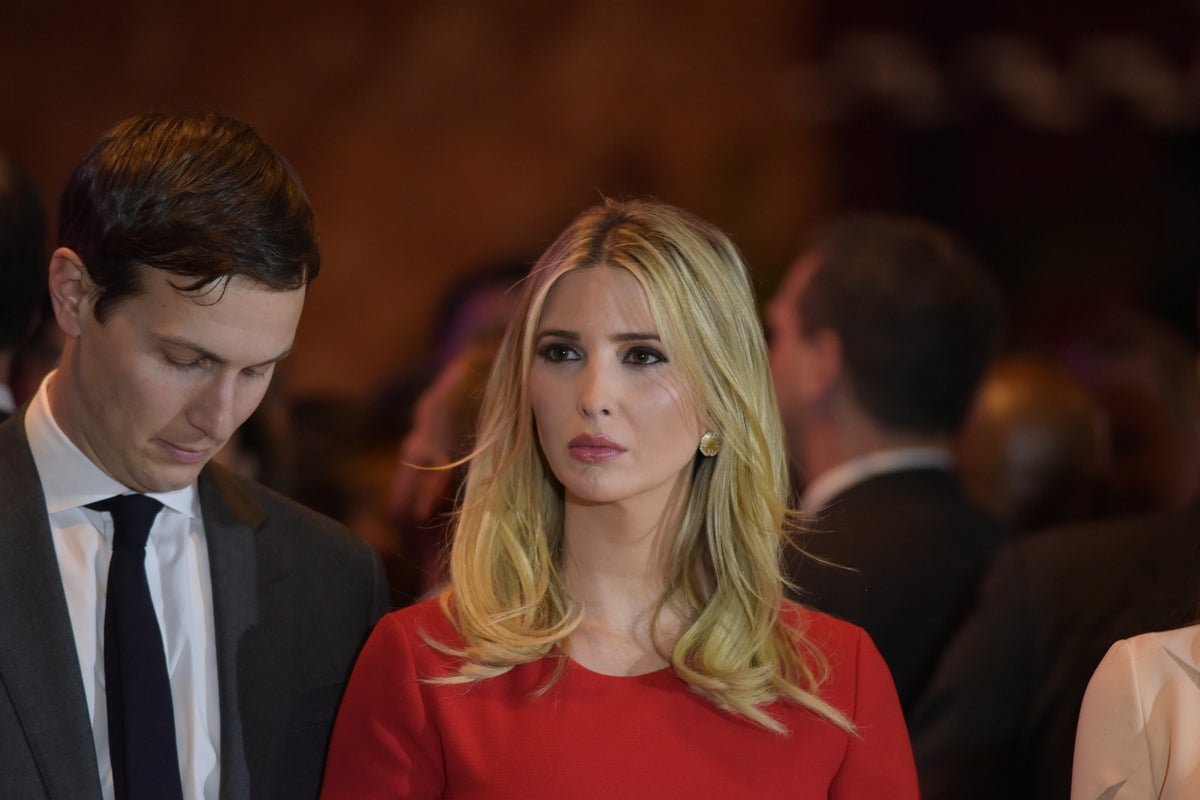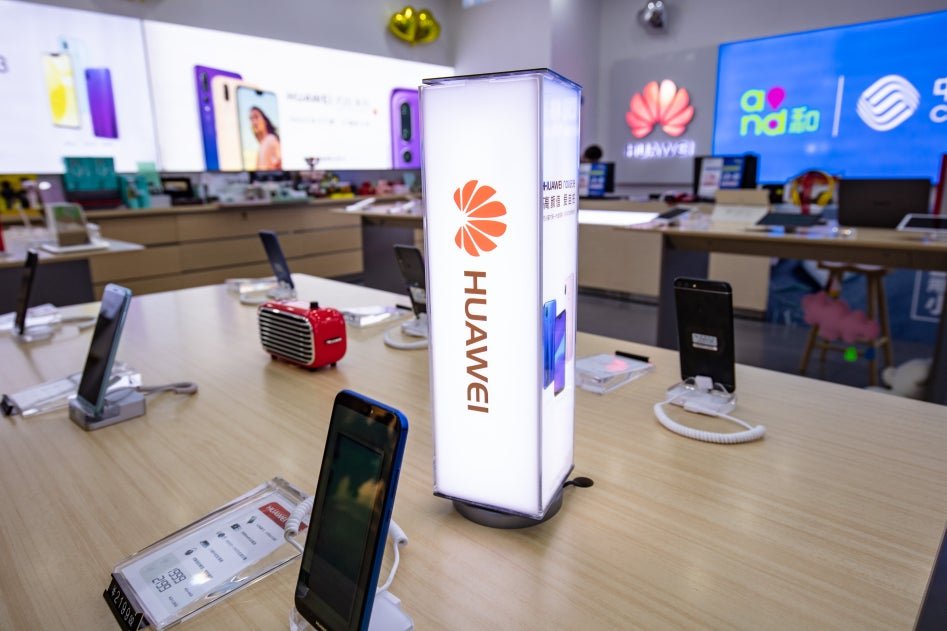In the recent New York civil fraud trial involving former President Donald Trump and his family, Ivanka Trump’s testimony came under intense scrutiny by New York Supreme Court Justice Arthur Engoron. Despite being a dismissed defendant in the case, her inconsistent recollections raised eyebrows, with the judge questioning the reliability of her memory.
Justice Engoron, in his 92-page decision, acknowledged Ivanka Trump’s testimony but noted the selective nature of her memory recall. He found her inconsistent recall, depending on whether she was questioned by the Office of the Attorney General or the defense, to be suspect.
This observation was part of a broader ruling that imposed a $364 million penalty on the Trump family and restricted their business operations in New York. The lawsuit, initiated by New York Attorney General Letitia James, accused Ivanka Trump, along with her brothers Donald Trump Jr. and Eric Trump, of conspiring with their father to inflate his net worth in financial statements over a decade.
While Ivanka Trump was eventually dismissed from the case due to statute limitations, her role as the Trump Organization’s primary loan negotiator with Deutsche Bank was a focal point of her testimony. During her time on the stand, Ivanka Trump struggled to recall critical discussions and transactions with the bank, despite being presented with documentary evidence.
The judge’s remarks on Ivanka’s memory lapses were part of a broader critique of the Trump family’s business practices, which also saw her two eldest brothers receiving two-year bans from holding officer or director positions in New York companies.
Overall, the New York civil fraud trial shed light on the Trump family’s questionable business practices and the challenges faced by Ivanka Trump in recalling key details during her testimony. The ruling serves as a reminder of the importance of transparency and accountability in financial dealings, even for high-profile individuals.





